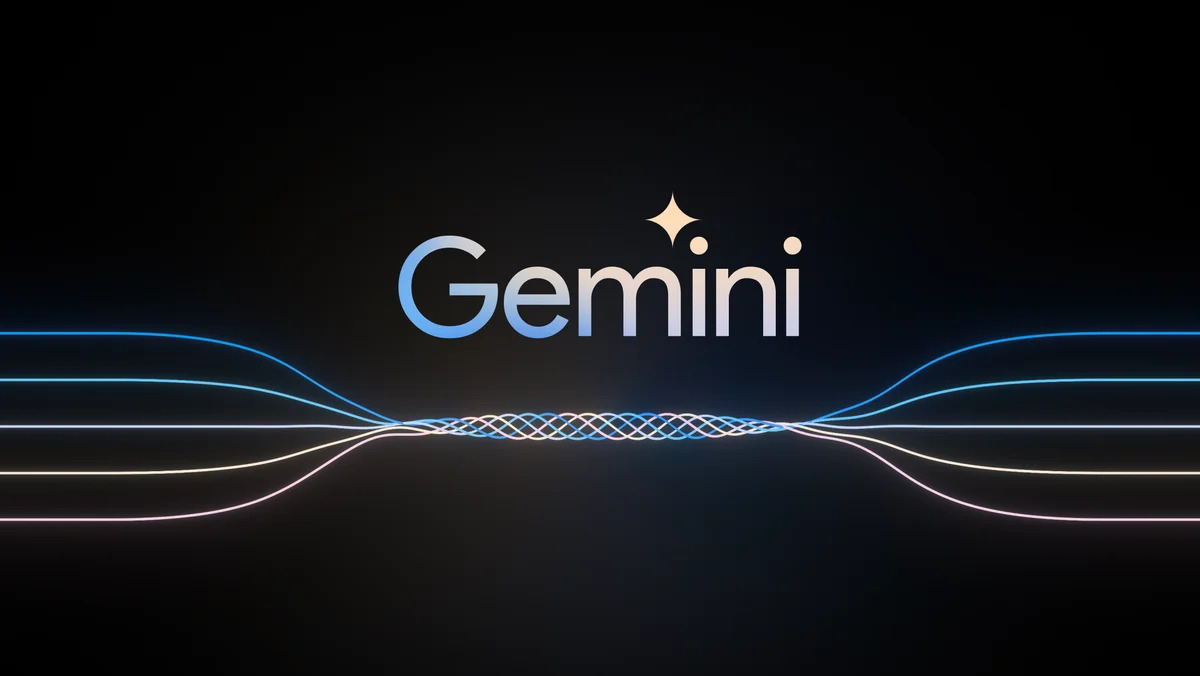The Pixel 8 and Pixel 8 Pro are already great smartphones, but soon, Google will leverage the power of AI even more by bringing Gemini to the Pixel 8. Gemini is Google’s most advanced large language model, and it will offer a ton of additional AI enhancements when it comes to the search giant’s flagship device this month.
Google highlighted the upcoming release of Gemini, which will offer three tiers of the model for users to take advantage of. The primary version, Gemini Pro, is already available in Google Bard, and the company plans to offer more advanced plans with Gemini Ultra next year. But Google didn’t stop there. Gemini is also coming to the Pixel 8 in the form of Gemini Nano, and it began rolling out as part of the Pixel 8’s December feature drop this week.
At release, Gemini won’t completely change how you use your Pixel 8. But Gemini on Pixel will leverage more of Google’s AI power to provide a couple of cool features. One of the two new features being used to showcase Gemini Nano and its power on the Pixel is Summarize, a new option for the Recorder app that will better summarize the recorded conversations you capture.

This will be exceptional for people who record interviews, conversations, and presentations on their phones, and it should make things a lot easier to work with. The second update coming with Gemini on Pixel 8 is Smart Reply in Gboard, Google’s first-party keyboard.
Smart Reply will offer on-device AI to create better responses to messages in certain apps. It’s not available in every app just yet, but Google did say that WhatsApp will be one of the first to support the new Smart Reply function. It seems to work similarly to the Smart Reply feature already seen in Gmail, though with the added boost of utilizing Gemini to provide better contextual responses.
Google hasn’t shared how it plans to use Gemini on Pixel beyond these two features. But, considering how heavily the company has been investing in AI, it’s likely we’ll see more game-changing features dropping on the Pixel throughout the next year. And the Pixel 9 (or whatever Google decides to call it) will probably offer even more on-device AI when it is released later down the line.







